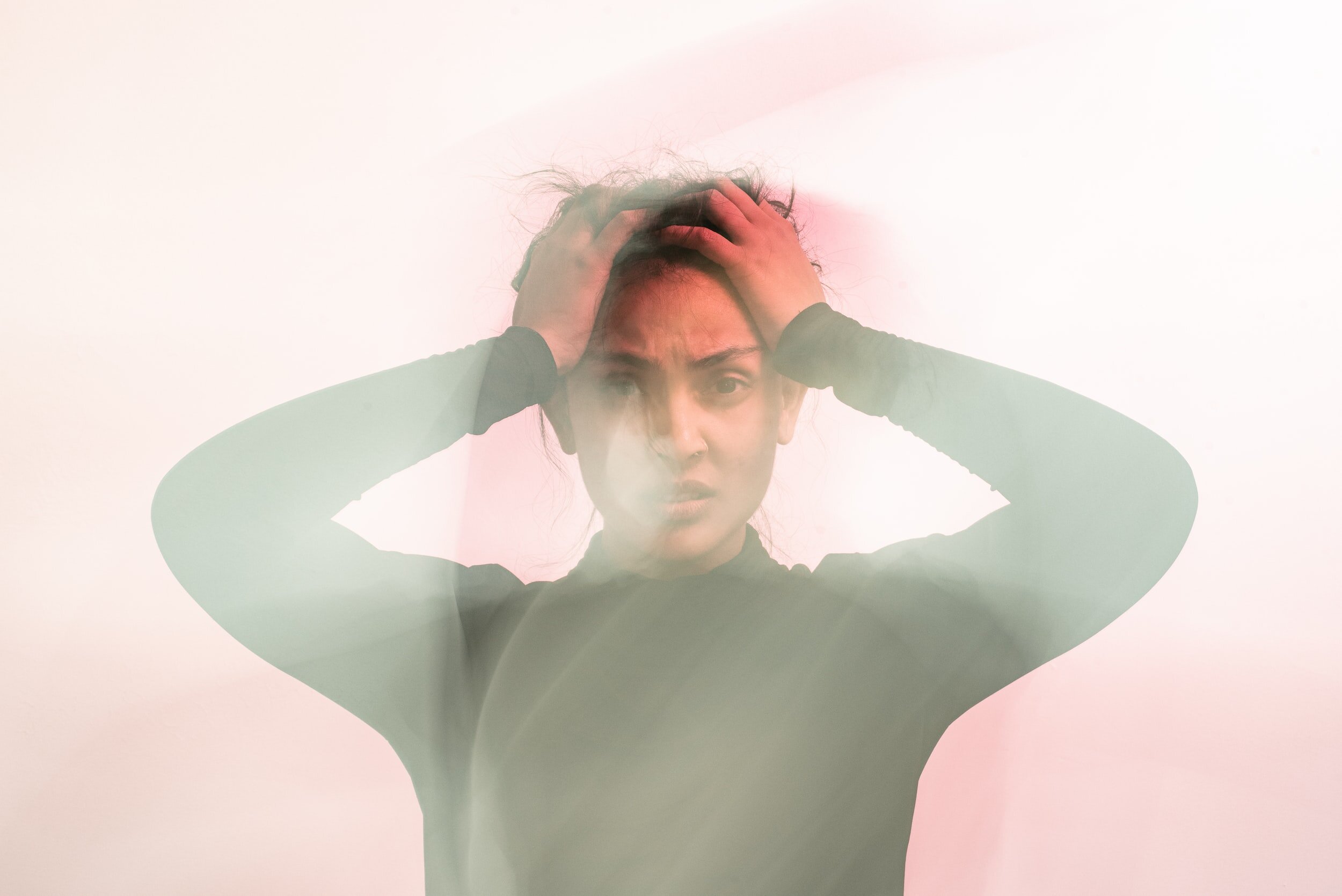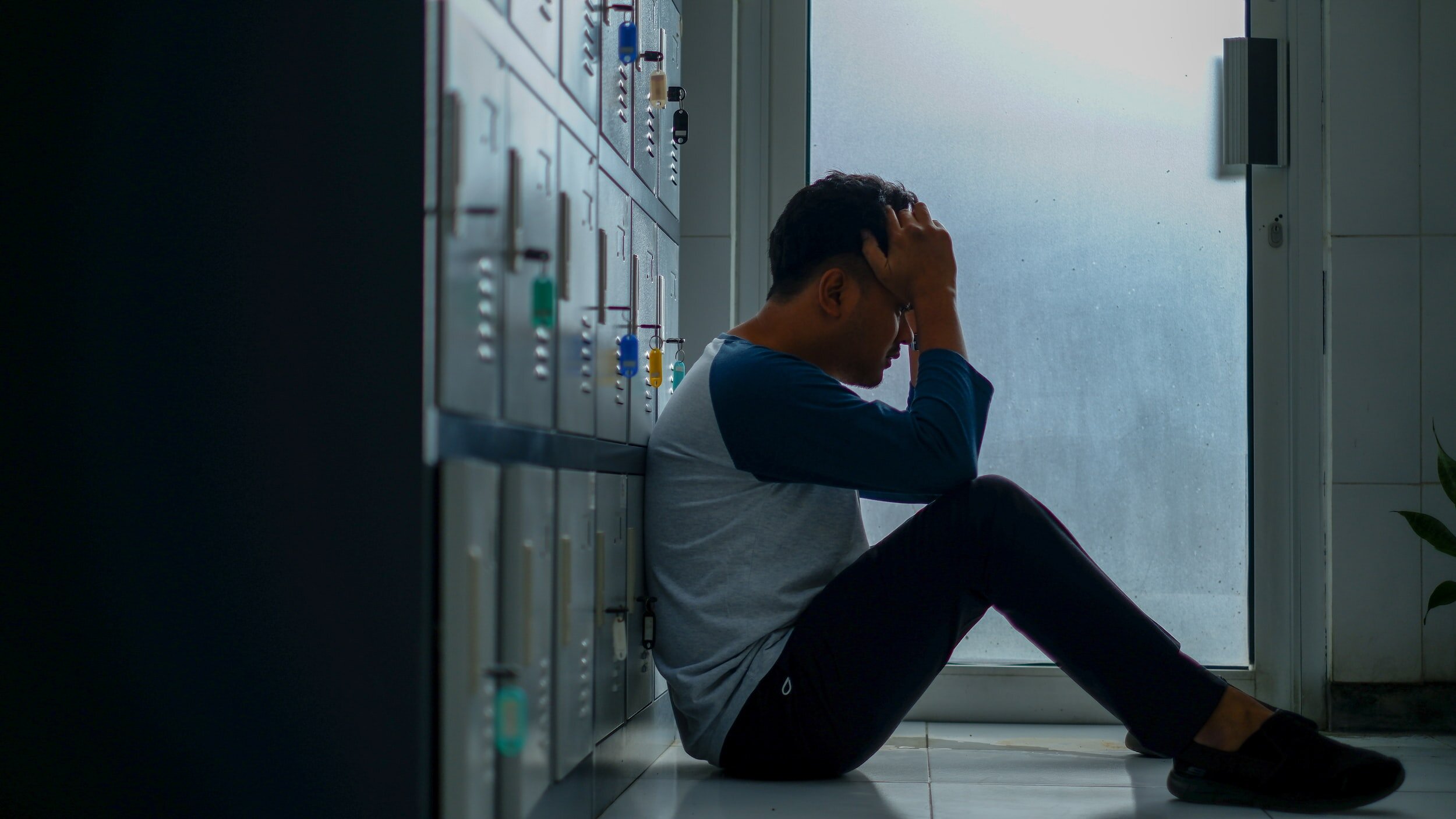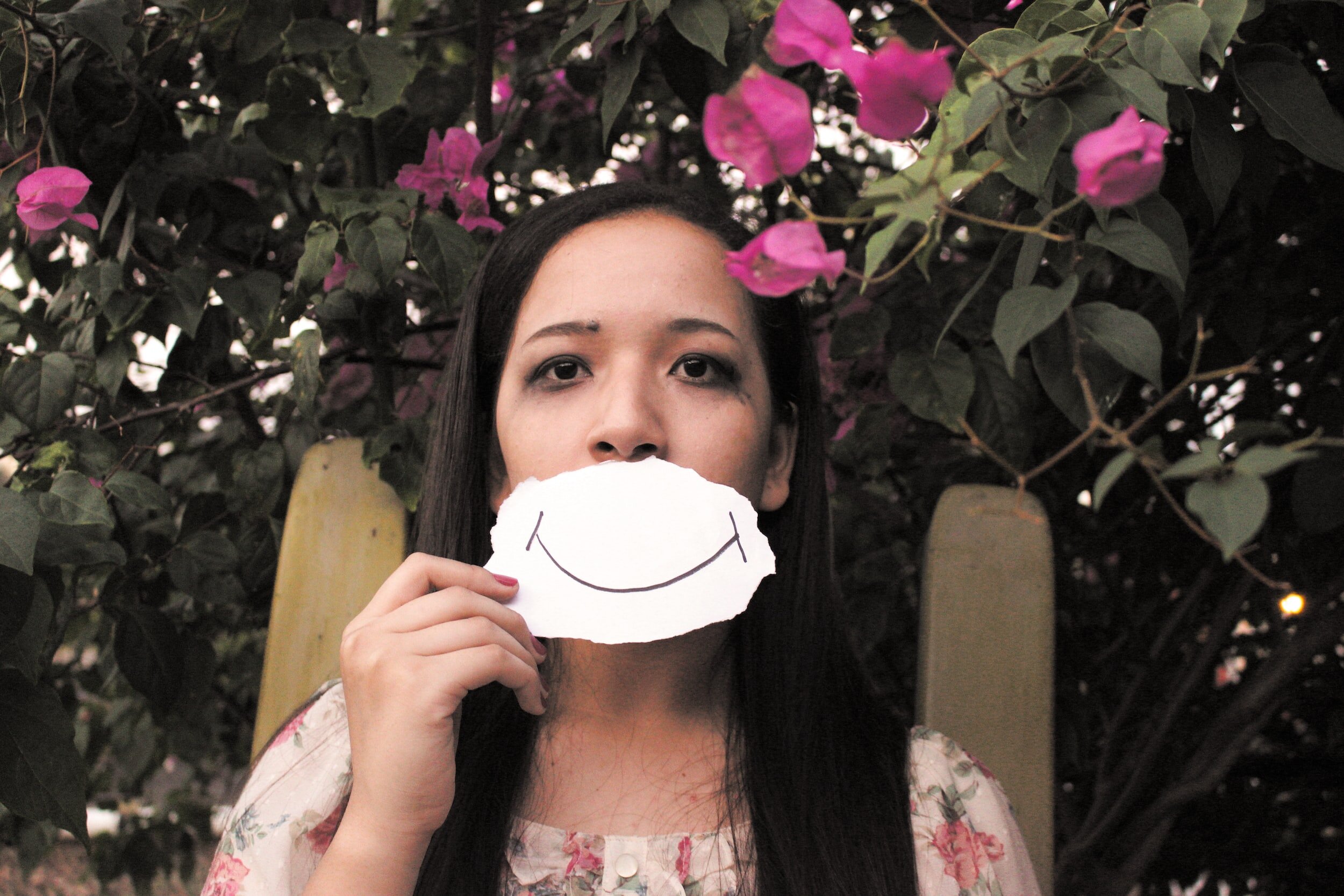Anxiety vs. Depression: Which one do I have?
Are you experiencing feelings of sadness, worry, or fear that just won't go away? Do you find it difficult to carry out daily tasks and enjoy the things you used to love? These are common symptoms of both anxiety and depression. They affect millions of people all around the world. However, despite sharing some similar symptoms, anxiety and depression are distinct conditions. They require different approaches to diagnosis and treatment. In this blog, we'll take a closer look at anxiety vs. depression and explore the differences between them. We will also provide helpful information to help you determine if you are anxious, depressed or both! It's important to know the differences between these disorders so you can find the right treatment and improve your life.
What is Anxiety?
Anxiety is a normal response to stress and a natural part of being human. When anxiety becomes too much or sticks around a lot, and it messes with how you live your life every day, that's when it's seen as a disorder. Below are the different types of anxiety disorders.
Types of anxiety disorders
Generalized Anxiety Disorder (GAD): GAD is defined by persistent and excessive worry about everyday things. This includes health, work, or relationships. If you have GAD, you have a hard time controlling your worry.
Panic Disorder: Panic disorder is characterized by ongoing panic attacks. Panic attacks are sudden and intense periods of fear or discomfort. This typically involves physical symptoms such as chest pain, shortness of breath, and trembling.
Social Anxiety Disorder: Social anxiety disorder or social phobia is an fear or anxiety of social situations. You fear you will be scrutinized or judged by others. If you have social anxiety disorder, you may avoid social situations or when you go, you are anxious the entire time!
Specific Phobias: Specific phobias are strong of specific objects or situations. Examples include heights, spiders, or flying. You may avoid the object or situation or endure it with intense fear or distress.
Anxiety Symptoms
Anxiety symptoms can vary from person to person. Not everyone with an anxiety disorder will experience the same symptoms. These symptoms can also indicate other disorders. It can be helpful to talk to a mental health professional if you have questions about your symptoms.
Physical anxiety symptoms may include:
Rapid heartbeat or palpitations
Sweating
Trembling or shaking
Shortness of breath or difficulty breathing
Chest pain or tightness
Nausea or gastrointestinal distress
Headaches
Muscle tension or aches
Fatigue or weakness
Emotional anxiety symptoms may include:
Excessive worry or fear
Irritability or restlessness
Difficulty concentrating or racing thoughts
Feelings of apprehension or dread
Feeling on edge or keyed up
Panic attacks or feelings of impending doom
Obsessive thoughts or behaviors
Feelings of helplessness and/or hopelessness
Behavioral anxiety symptoms may include:
Avoiding situations that trigger anxiety such as social events
Procrastination or indecision
Restlessness or fidgeting
Difficulty concentrating or completing tasks
What is Depression?
Depression is more than simply feeling sad. Depression is a mental health disorder where you feel of sad, hopeless and a loss of interest in activities that you used to enjoy. Depression can interfere with your daily activities and can impact physical health, relationships, and overall quality of life. Below are the types of depression.
Types of Depression:
Major Depressive Disorder: Major Depressive Disorder, is also known as clinical depression. If you have clinical depression, you experience at least two weeks of feeling sad, worthless and hopeless. You struggle with sleep and appetite. You also have a loss of interest in most activities and find it hard to concentrate.
Persistent Depressive Disorder (PDD) : If you have PDD, you experience chronic depression for at least two years. Your symptoms may be less severe than if you had clinical depression. Nevertheless, PDD still interferes with daily activities and quality of life.
Bipolar Disorder: Bipolar Disorder is defined by cycles of manic and depressive episodes. When you're having a manic episode, you might feel super happy or irritable, have lots of energy, and do things without thinking. In a depressive episode, you could feel really down, have changes in appetite, feel worthless, and find it hard to concentrate.
Depression Symptoms
Symptoms of depression can affect your thoughts, feelings, and behaviors. They can also impact your physical health. Here are some common symptoms of depression:
Physical depression symptoms may include:
Fatigue and low energy
Changes in appetite or weight
Sleep disturbances (difficulty sleeping, sleeping too much)
Physical complaints such as headaches, stomachaches
Emotional depression symptoms may include:
Persistent sadness or feelings of emptiness
Feelings of hopelessness and/or helplessness
Irritability or restlessness
Decreased interest in activities once enjoyed (anhedonia)
Difficulty concentrating or making decisions
Feelings of worthlessness or guilt
Thoughts of self-harm or suicide
Behavioral depression symptoms may include:
Withdrawal from social activities and relationships
Avoidance of responsibilities or tasks
Substance abuse or other risky behaviors (sex, gambling)
Agitation or slowing down of movements
Differences between Anxiety vs. Depression
Although anxiety and depression have some a lot of common symptoms, there are fundamental differences. Anxiety is typically characterized by excessive worry and fear. Depression is characterized by feelings of sadness and loss of interest in activities you used to love. In addition, anxiety symptoms are connected to a perceived threat or danger. Depression symptoms are about a general sense of hopelessness or despair. Below are the 3 main differences between anxiety vs. depression.
Key Symptoms: The key symptoms of anxiety are excessive worry or fear, restlessness, difficulty concentrating, irritability, and physical symptoms such as muscle tension and rapid heartbeat. The key symptoms of depression are sadness or feelings of emptiness, loss of interest or pleasure in activities, fatigue, feelings of worthlessness or guilt, and changes in appetite or sleep.
Focus: Anxiety about the future and potential negative outcomes. Depression occurs when you ruminate on past events. This can create feelings of hopelessness or despair.
Triggers: Anxiety is triggered specific situations, such as social events or flying. Depression is triggered by various factors, such as loss, trauma, or major life changes.
How do anxiety and depression go together?
Do you ever feel worried and sad at the same time? Struggle to forgive yourself for the past and can’t stop thinking about what will happen in the future? If so, you are not alone! Sometimes anxiety and depression can occur at the same time and can reinforce each other. Here are some ways that anxiety and depression can reinforce each other:
Negative thinking patterns: Both anxiety and depression involve negative thinking patterns that perpetuate each other. For example, if you have anxiety, you may worry excessively about the future. This can contribute to feelings of hopelessness and despair, reinforcing depression.
Avoidance behaviors: If you have anxiety, it's common to avoid certain situations or activities that trigger your anxiety. This can lead to social isolation and reduced activity levels, contributing to depression. If you have depression, you may withdraw from social situations. This increases anxiety and makes it harder to engage in social activities in the future.
Physical symptoms: Both anxiety and depression can involve physical symptoms. Examples include fatigue, sleep disturbances, and changes in appetite.
Anxiety & Depression Treatment in Detroit, MI
Do you relate to any of these symptoms? Are you interested in learning more about treatment depression and anxiety in Detroit? At Embodied Wellness, PLLC we help you heal from depression and anxiety. We acknowledge how hard it is to seek treatment and are here for you. Follow the steps below to get started!
Schedule a free 15-minute consultation with our anxiety and depression therapists
Learn to differentiate between anxiety and depression
Live a life free of distress!
Additional Online Counseling Services We Provide in Michigan
At Embodied Wellness, PLLC we treat adolescents and adults using the latest evidence-based treatments including ERP to treat OCD, EMDR to treat trauma, and DBT therapy. Today is the day to start living a life free of anxiety and depression.




